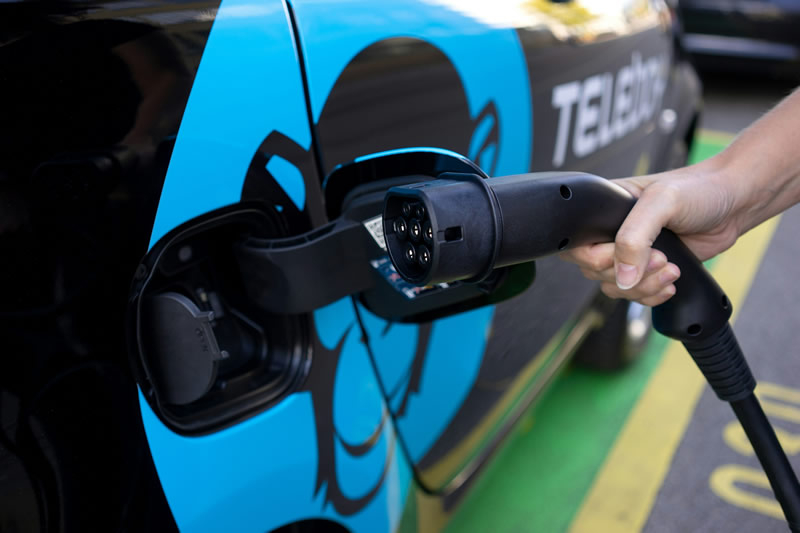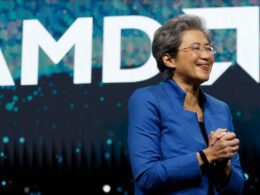U.S. Tariffs Fail to Undermine China’s Dominance in EV Battery Market
The U.S. recently enacted substantial tariff hikes on Chinese goods, including electric vehicle (EV) batteries. However, these barriers have been unable to destabilize China’s ascendancy in the global EV battery market. Even with the new import tariffs, the cost of Chinese batteries remains half that of U.S. counterparts.
China Retains Market Dominance Despite Increased Tariffs
Despite the drastic increase in U.S. customs duties on Chinese batteries, China maintains its dominant market position. As reported by research firm TrendForce, the White House recently announced a tariff hike on batteries from China from 7.5% to 25%, alongside a jump in electric car tariffs from
25% to 100%. The intent of this move by the U.S. authorities was to stimulate domestic EV battery production and decrease reliance on Chinese suppliers.
Decisive Role of Cost and Dependency on Chinese Batteries
However, TrendForce evaluations indicate that even with elevated tariffs, Chinese batteries remain over half the price of American equivalents. This places the “Big Three” – the three largest American automotive manufacturers – in a predicament. They will need to either identify new suppliers or accelerate the launching of electric cars. Furthermore, the U.S.’s continuing reliance on Chinese battery imports is highlighted by a recent temporary exemption for a Chinese company from the Inflation Reduction Act requirements pertaining to crucial minerals.
American Manufacturers Strive To Shift Dependency
TrendForce believes that American car manufacturers require several more years to completely transition from Chinese suppliers to local manufacturers. In the short term, they may offset additional expenses through collaborations with established manufacturers from Japan and South Korea. In the long run, scaling up domestic EV production will be key to slashing battery costs.
The Promise of Emerging Technologies
Besides traditional nickel, cobalt, and manganese-based lithium-ion batteries (NCM), lithium iron phosphate (LFP) batteries hold potential. Notably, Tesla has already started production at their Nevada plant, and LG Energy Solution aims to launch similar manufacturing in Arizona by 2026. LFP batteries are expected to be primarily used for energy storage rather than within electric cars.
China’s Continued Leadership Despite U.S. Protective Measures
Despite U.S. protectionist measures, analysts predict that China will retain its leadership in global EV battery production for the foreseeable future. American firms will need significant investments and time to catch up with Chinese competitors in terms of both technologies and product cost.





